The Significance of Zakat in Islam
Zakat is a fundamental Islamic practice, serving as one of the religion’s Five Pillars. It represents both a form of worship and a social welfare system, purifying the giver’s wealth and reinforcing their faith. This guide aims to demystify the principles of zakat for Muslim donors, covering the essentials of eligibility for payment and receipt, calculation methods, and the convenience of zakat calculators.

Understanding Zakat
Below we dive deeper into the fundamentals of Zakat.
What is Zakat?
It is a mandatory charitable contribution that every adult Muslim who possesses wealth above a certain threshold (nisab) must pay annually. The word “zakat” comes from the Arabic root zaka, meaning “to purify” or “to grow.” As such, zakat is a religious obligation and serves as a way for Muslims to cleanse and increase their wealth by giving away a portion of it.
The Essence of Zakat
Zakat, derived from the Arabic for “purification” or “growth,” obligates qualifying Muslims to distribute a fixed portion of their wealth. It’s designed to assist specific societal groups, as outlined in the Quran, fostering community strength and support.
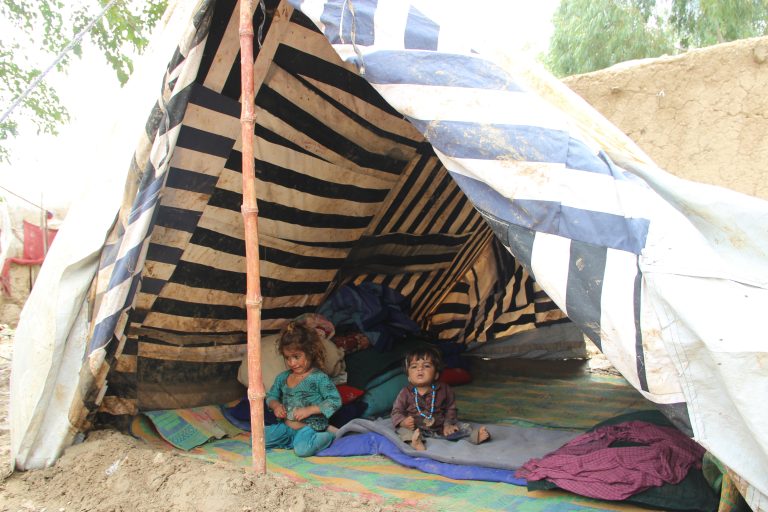
What is Nisab?
Nisab is the minimum level of wealth a Muslim must possess before their zakat becomes due. The nisab threshold varies based on the type of assets possessed, with different thresholds for gold, silver, and currency.
Eligibility Criteria: Who Pays Zakat?
If a Muslim adult is sane and possesses the required amount, then they must pay zakat. These include possessing wealth above a certain threshold (nisab), owning it for at least one lunar year, and having no outstanding debts or expenses to pay off.
Who is Zakat Eligible?
The Quran identifies eight categories as eligible to receive zakat:
- The poor
- Needy individuals
- Zakat collectors
- Those whose hearts are to be drawn closer to Islam
- Freeing slaves
- Those in debt
- Fo the cause of God
- Travellers in need of assistance
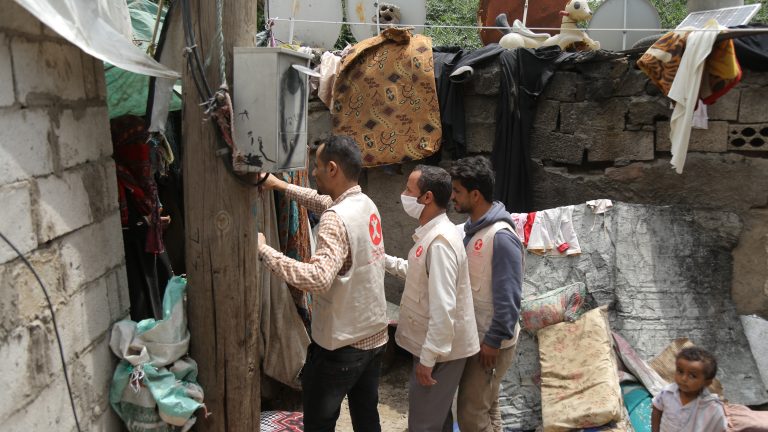
How to Calculate Zakat
Calculating zakat can seem intimidating, but it follows a straightforward formula based on the type and value of assets owned. The most common types of wealth subject to zakat are cash, gold, silver, business inventory, stocks, and rental properties. The zakat amount is generally 2.5% of the total value of these assets.
Using a Zakat Calculator
A Zakat Calculator is an indispensable tool used to calculate your zakat. It simplifies the task of determining the exact amount of Zakat due by carefully considering all forms of assets, such as cash, precious metals, and investments. With just a few clicks, you can receive a precise and reliable estimate that adheres to Islamic jurisprudence. This not only ensures accuracy in fulfilling your Zakat but also saves time. Don’t forget to check out HCI’s very own Zakat Calculator, created to make calculating your Zakat a smooth experience.
The Benefit of Giving Zakat
The benefits of Zakat are manifold. Zakat benefits both the giver and receiver. The blessings of Zakat stretch from this wolrld into the next.
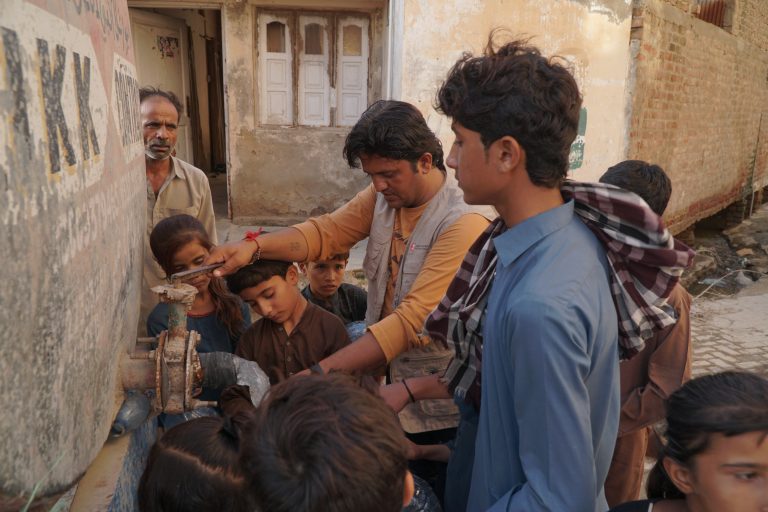
Spiritual Benefits of Zakat
The practice of Zakat carries profound spiritual benefits for the giver. By parting with a portion of their wealth, Muslims fulfill a divine commandment, which strengthens their bond with Allah. This act of charity purifies not only their material possessions but also their hearts by instilling humility and compassion. It reminds them of the transient nature of worldly assets and directs their attention towards attaining spiritual wealth. Moreover, zakat is a means of seeking Allah’s blessings and grace, as giving for His sake invites many blessings and returns, both in this life and the hereafter.
Worldly Benefits of Zakat
Aside from its spiritual implications, Zakat also has substantial worldly benefits, particularly in the realms of social welfare and economic justice. By mandating the redistribution of wealth from the more affluent to the less privileged, Zakat plays a pivotal role in combating poverty and reducing income disparities within the Muslim community. It serves as a financial safety net for those in need, providing essential assistance to the poor, the indebted, and the stranded traveller, among others. Furthermore, by stimulating a culture of giving and mutual support, Zakat fosters social cohesion, promoting a sense of shared responsibility and solidarity among diverse socio-economic strata.
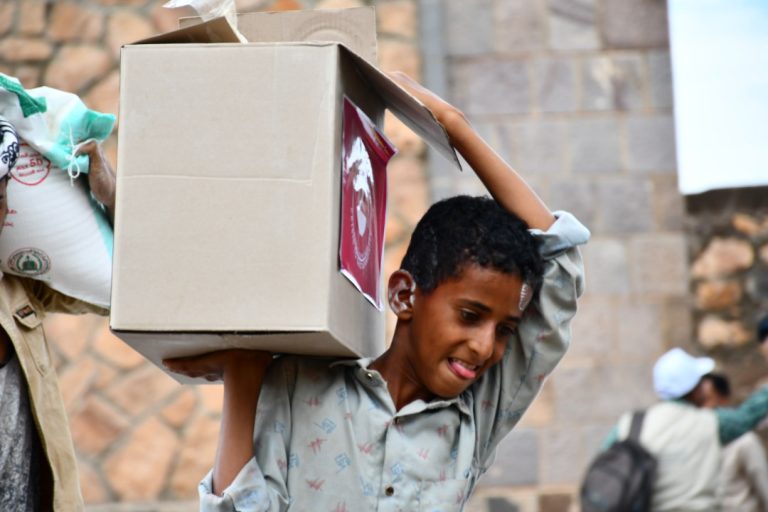
Zakat with HCI
We at HCI have been delivering your Zakat to those who need it the most around the world for over 40 years. Your Zakat is a trust that we honour and ensure reaches the beneficiaries in their respective countries. Over the years, we have delivered millions in aid and support to vulnerable people. This year, join us in our mission of compassion and social justice by entrusting your Zakat with HCI. Together, we can make a difference in the lives of those less fortunate.
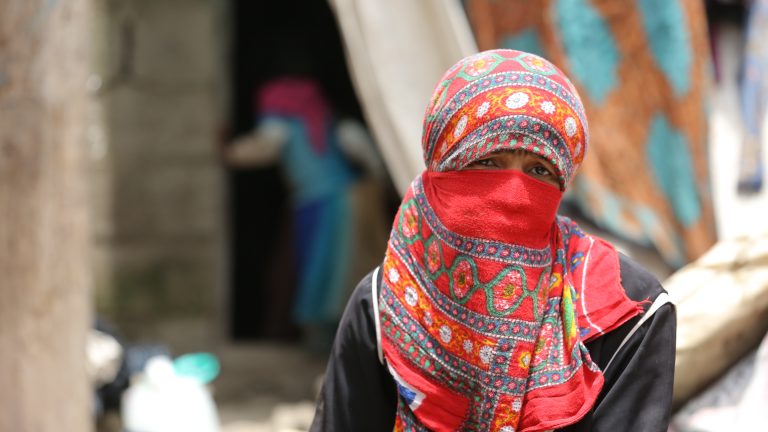
Final Thoughts
Zakat is more than charity; it’s a divine command to support economic balance and spiritual growth. Utilizing Zakat calculators and organizations like HCI USA maximizes the impact of your contributions. As the Quran states: “Believe in Allah and His messenger, and spend out of the wealth whereof He hath made you trustees. And such of you as believe and spend (in Allah’s way), theirs will be a great reward” (Quran 57:7).






